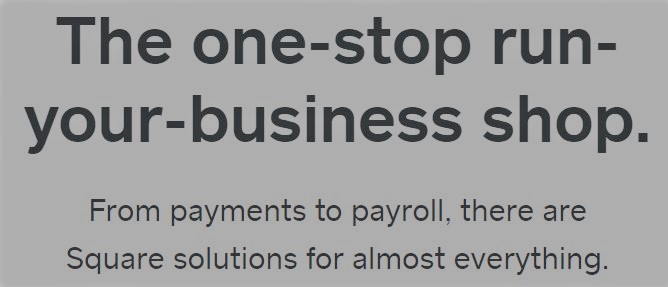Ask many B2B sales teams or Marketers why customers buy their product or service, and you may get a list of impressive features. Yes, features are important for a product to be competitive but they are not the reason people buy. Customers buy a product because of the value it brings them over the next best alternative. Understand that value and you will not only know your customers better, but bring in new customers by telling them what they will gain from choosing you.
Features to benefits to value
The best way to move from feature selling to value selling is to start where you are comfortable, with features, and work up from there.
- List your features – write down all of the major product features you sell on. For an equipment manufacturer it might be a 1 year warranty, stainless steel construction, a 2 week lead time, etc.
- For each feature, think about why a customer would care. What does that feature do for them? We’ll call these benefits. A 1 year warranty protects the customer in case of any defects, stainless steel construction means your product will last longer, a 2 week lead time means carrying less inventory. Most likely, you will see the same benefits pop up several times.
- For each benefit, think about the overall value a customer receives – Think higher level here. Your customer being covered against defects brings them peace of mind, a longer lasting product saves them money on maintenance and replacement, and carrying less inventory reduces business costs.
After this exercise, you will probably come up with 3-5 major values that your customers get when buying from you. These, coupled with the benefits should form the basis of your marketing messaging. Instead of listing features on your website and letting the customer figure out if they are important, let them know what real benefit and value they stand to gain.
Crafting the perfect value proposition
Also called value statement, the value proposition is an important process and should be crafted with care. You are telling customers “This is why you should buy from us over every other option” in a quick and concise way.
Define your customer’s problem
What problem does your customer have that your product or service can solve? Keep this problem in mind as you develop your value proposition. You want someone with this problem to see your product or service as a solution.
Decide what makes you stand out
Your value proposition should shine light on what you do better than everyone else. Stand out from the competition instead of blending in to it.
Make it clear
This is not the place for creating mystery. You want your value proposition to clearly and quickly define what you do.
Value proposition examples:



Carefully defining your value not only lets your customer know what you can do for them, but it gives your internal team a solid foundation. Have you ever asked people at your company to describe the value you bring? You may get lots of different answers. Solidify your message so that everyone can contribute to delivering your core values.
